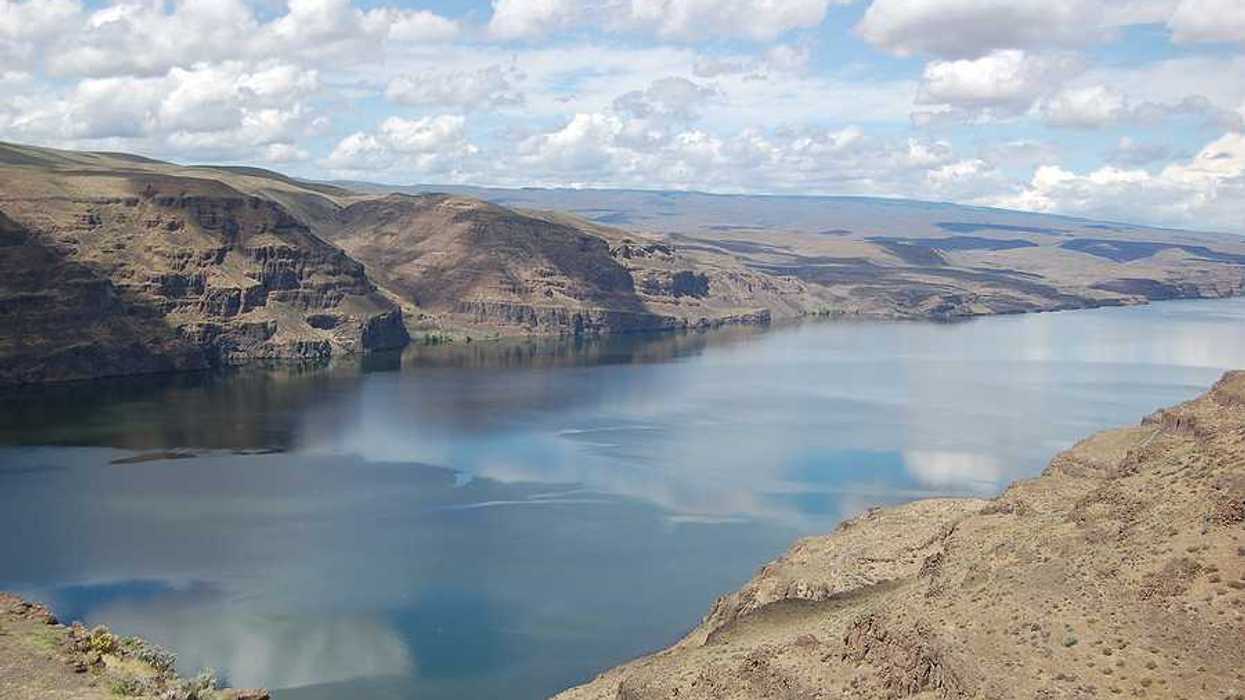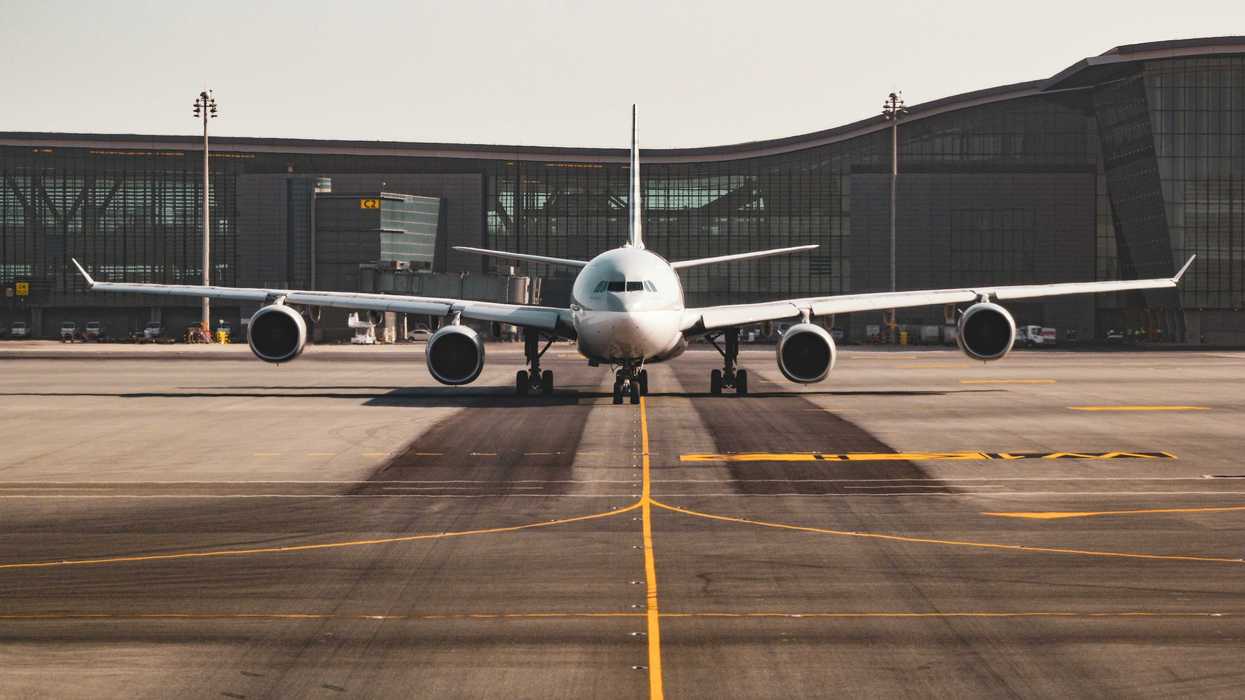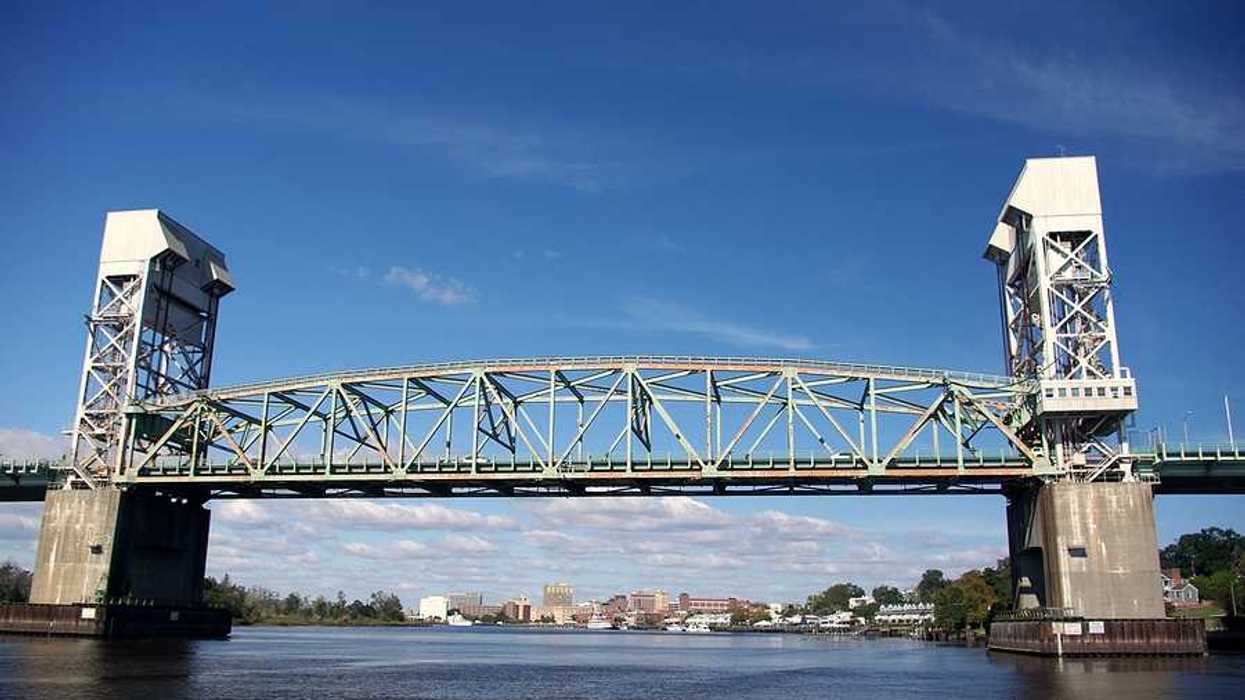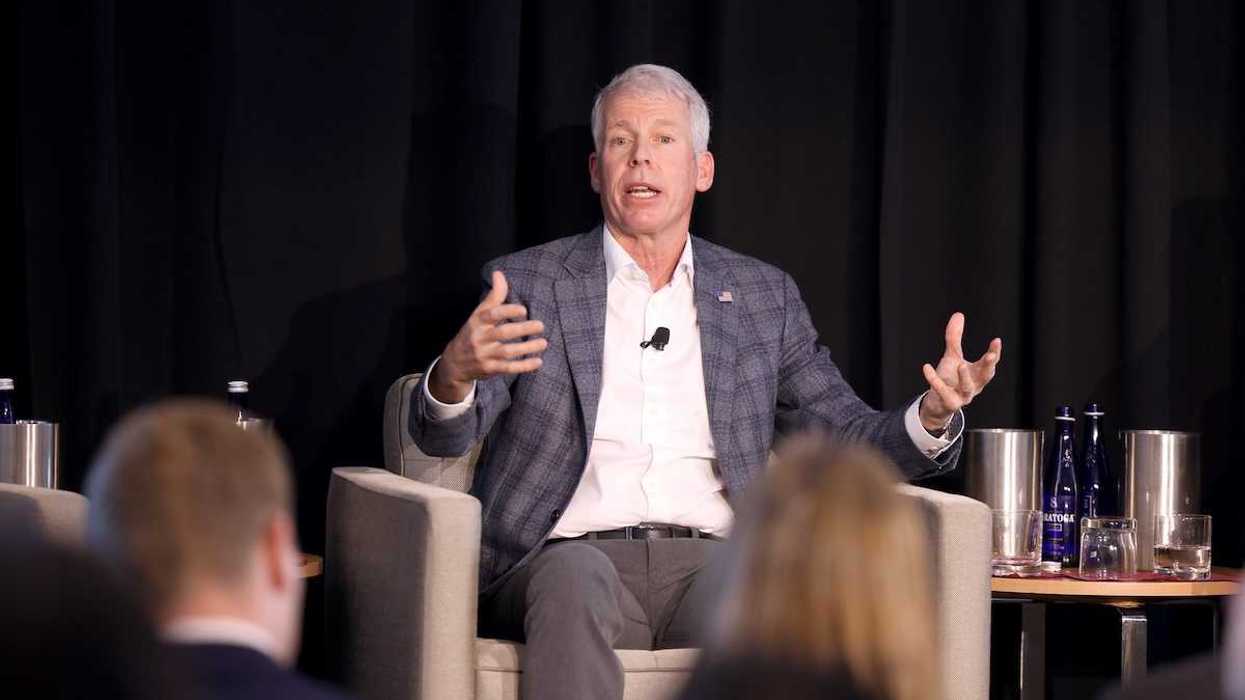In the shadow of Tanzania's conservation policies, the Maasai face displacement and loss of their ancestral lands, creating a clash between Indigenous rights and environmental goals.
Stephanie McCrummen reports for The Atlantic.
In short:
- The Tanzanian government and foreign investors are pushing conservation efforts that include displacing Maasai communities to accommodate tourism and hunting.
- Land traditionally used by the Maasai is being allocated for conservation initiatives, severely impacting their way of life and cultural heritage.
- Maasai herder Songoyo struggles to adapt, as government and conservation interests threaten his community's survival and culture.
Key quote:
"This is 80 percent of our land. This will finish us."
— A Maasai elder during a community meeting
Why this matters:
These conservation efforts often prioritize wildlife protection and the economic gains from tourism, which can include luxury safaris and big-game hunting. As a result, large swathes of land traditionally used by the Maasai for grazing their livestock are being restricted or designated as conservation areas.
Be sure to read: Colonialism, the climate crisis, and the need to center Indigenous voices.














